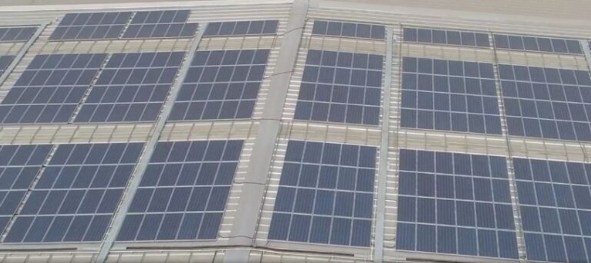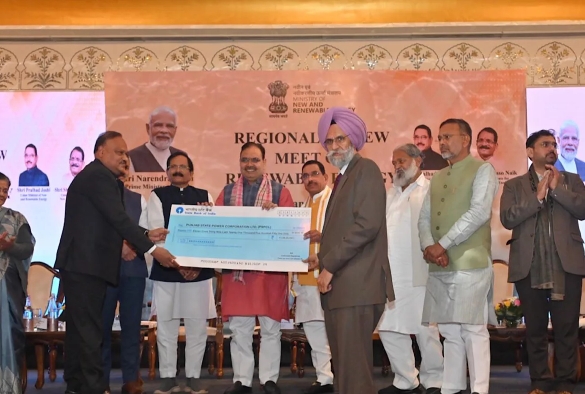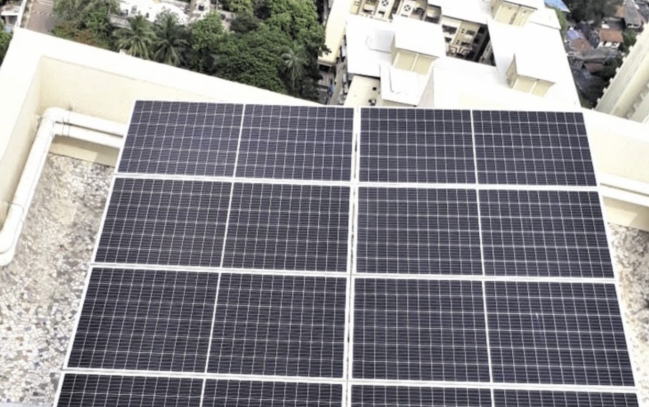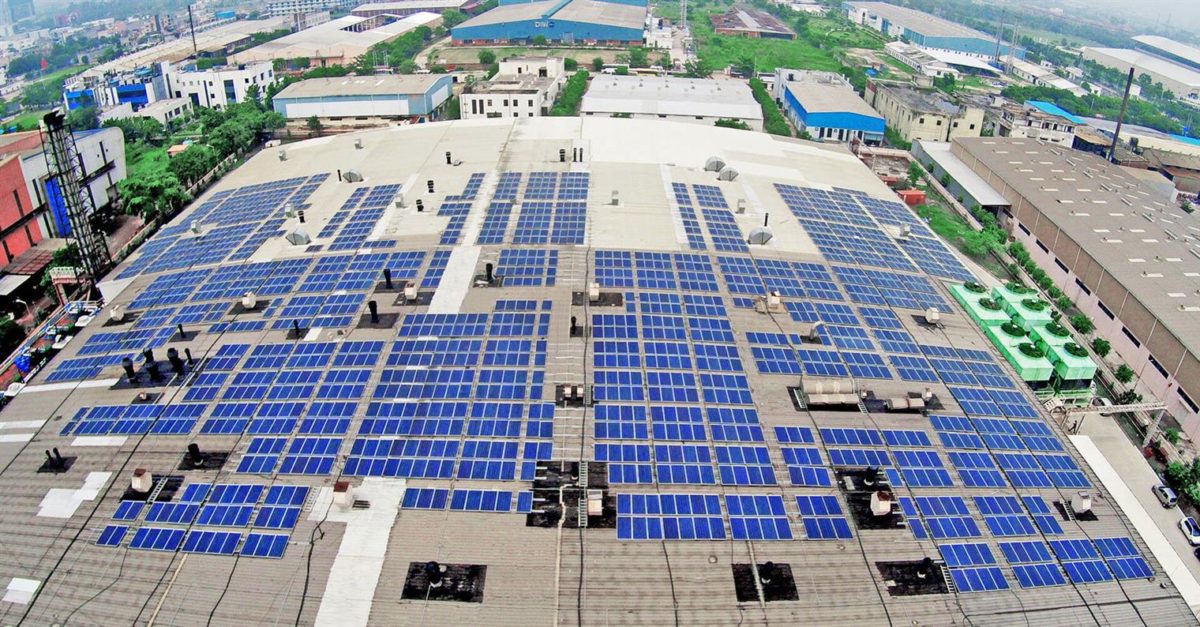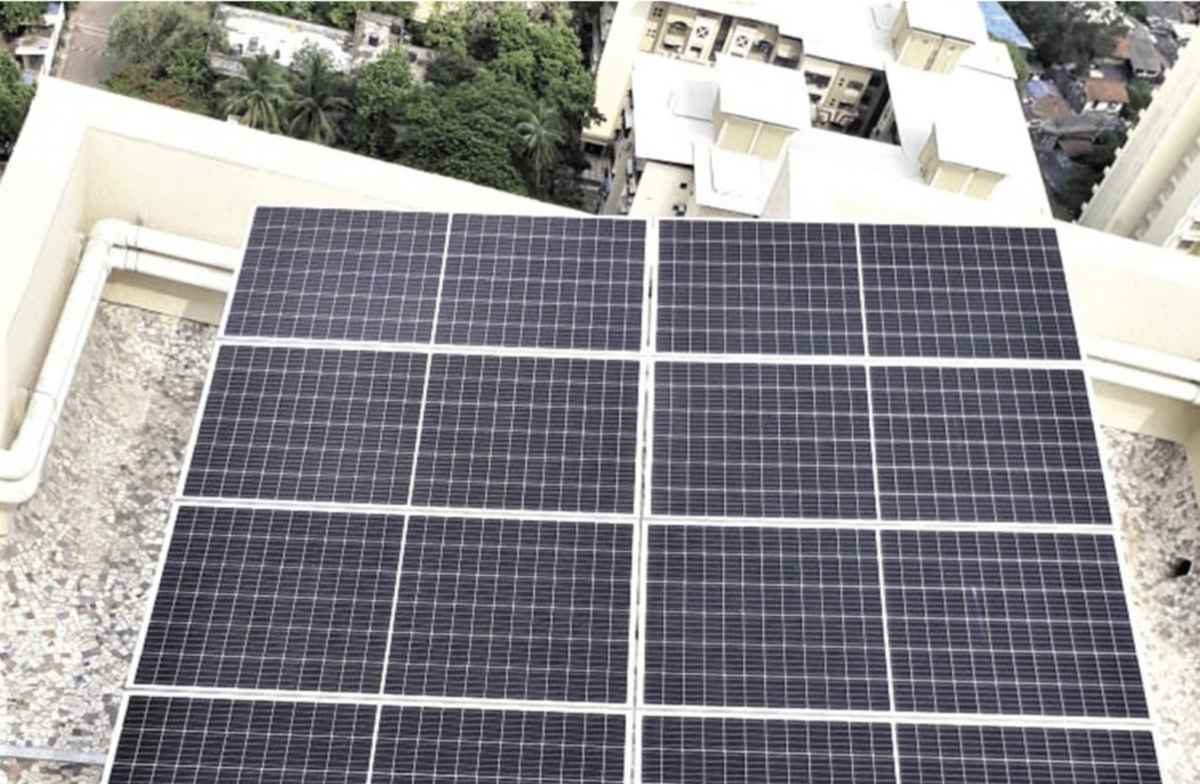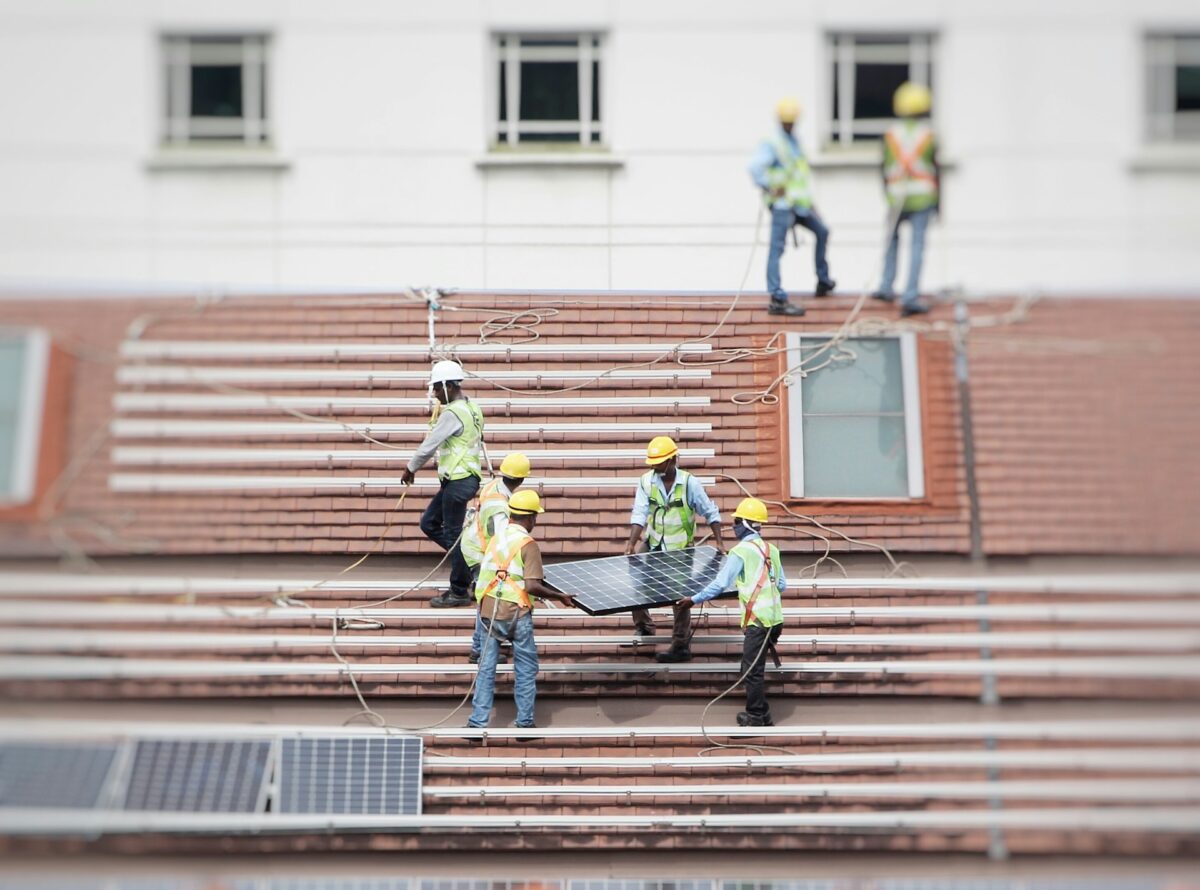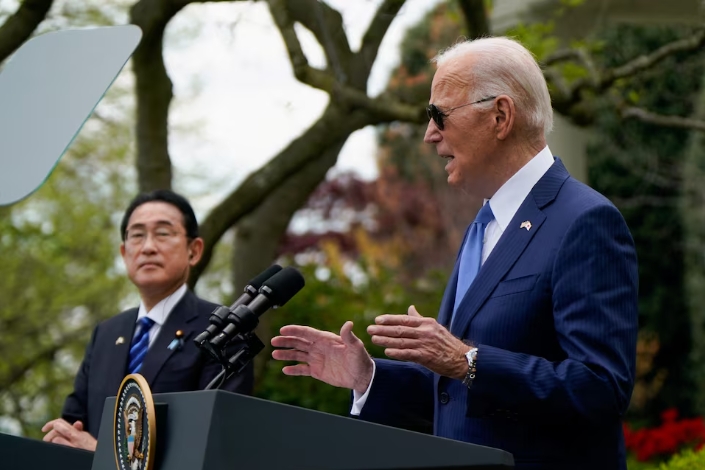
Under the agreement, Japan and the U.S. would work to accelerate developments in engineering, manufacturing and other areas related to floating wind farms, the statement said. Tokyo would also contribute 120 billion yen ($784 million) to develop floating wind technology via its Green Innovation Fund.
The United States has set a goal of installing 15 gigawatts of floating offshore wind capacity by 2035 - enough to power more than 5 million homes - to help displace fossil fuel for power generation and fight climate change.
The U.S. plan also calls for cutting the cost of floating offshore wind installations operating in deep waters by more than 70% to $45 per megawatt-hour over the next decade. Floating wind power installations are typically bigger and costlier than bottom-fixed structures.
Floating offshore wind is relatively new in Japan, where state auctions for offshore wind farms have so far involved only bottom-fixed installations.
Last month, Japanese energy companies including Mitsubishi Corp's (8058.T), opens new tab wind power unit, Tokyo Gas (9531.T), opens new tab and JERA teamed-up to jointly develop floating offshore wind technology to help Japan reach its renewable energy goals.
